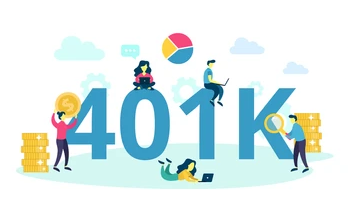What is 401K Plan?
401K Plan
Auto insurance buyers are going to the internet for estimates, to compare other firms’ offers, and to receive answers to their questions.
How 401(k) Plans Work
The 401(k) plan was designed by the United States Congress to encourage Americans to save for retirement. Among the benefits they offer is tax savings.
There are two main options, each with distinct tax advantages.
Traditional 401(k)
With a traditional 401(k), employee contributions are deducted from gross income, meaning the money comes from the employee’s payroll before income taxes have been deducted. As a result, the employee’s taxable income is reduced by the total amount of contributions for the year and can be reported as a tax deduction for that tax year. No taxes are due on the money contributed or the investment earnings until the employee withdraws the money, usually in retirement.

How Does a 401(k) Earn Money?
Your contributions to your 401(k) account are invested according to the choices you make from the selection your employer offers. As noted above, these options typically include an assortment of stock and bond mutual funds and target-date funds designed to reduce the risk of investment losses as you get closer to retirement.
How much money you contribute each year, whether or not your company matches your contribution, how your contributions are invested and the annual rate of return on those investments, and the number of years you have until retirement all contribute to how quickly and how much your money will grow. And provided you don’t remove funds from your account, you don’t have to pay taxes on investment gains, interest, or dividends until you withdraw money from the account after retirement (unless you have a Roth 401(k), in which case you don’t have to pay taxes on qualified withdrawals when you retire).
